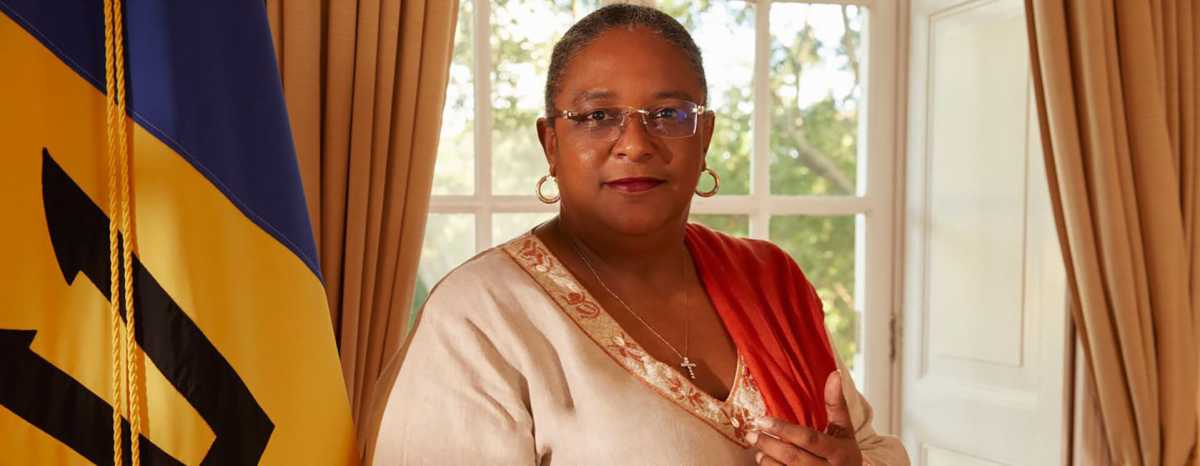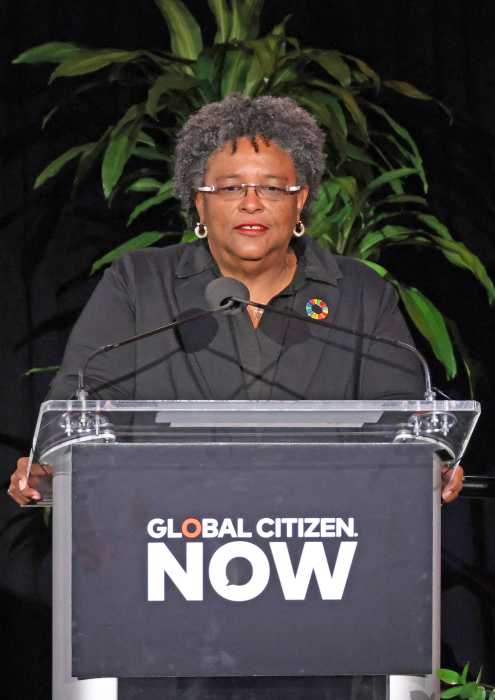The Inter-American Development Bank (IDB) says it has provided a US$100 million loan to Barbados to strengthen the efficiency and effectiveness of public policy and fiscal management in response to the health and economic crisis caused by COVID-19 pandemic.
The Washington, D.C.-based financial institution said on Friday that this operation is the second in a Programmatic Policy-Based (PBP) series consisting of two contractually independent but technically connected loans. The first operation was approved in December 2020.
“The first operation supported the countercyclical effect of fiscal policy through temporary measures to protect vulnerable households and increase liquidity for businesses during the health and economic crisis,” the IDB said.
“This second operation ensures the timely availability of financial resources to respond to the health crisis and attain the required level of health services to manage and/or suppress future COVID-19 cases,” it added.
The IDB said the second operation also includes measures to increase health personnel to support COVID-19 efforts and promote the economic and fiscal recovery during the post-pandemic period in the country.
In addition, the program supports increased cash transfer benefits to vulnerable populations and credit for low-income households to build or buy a home, the IDB said.
It also supports financial assistance for self-employed and small and medium enterprises (SMEs) to strengthen business continuity in an online environment and the design of an industrial development plan, and a capitalization plan for the National Insurance Scheme, the IDB said.
To promote economic recovery during the post-pandemic period, it said the project is supporting the appointment of the Jobs and Investment Council to contribute to policy response during and after COVID-19, and measures to strengthen tax revenue collection, tax and customs administration, as well as macro fiscal management.
“This operation continues to build climate resiliency and decarbonization through green tax incentives for electromobility adoption,” the IDB said. “It also further strengthens the capacity of the Ministry of Finance in climate finance and the mainstreaming of climate considerations.”


























